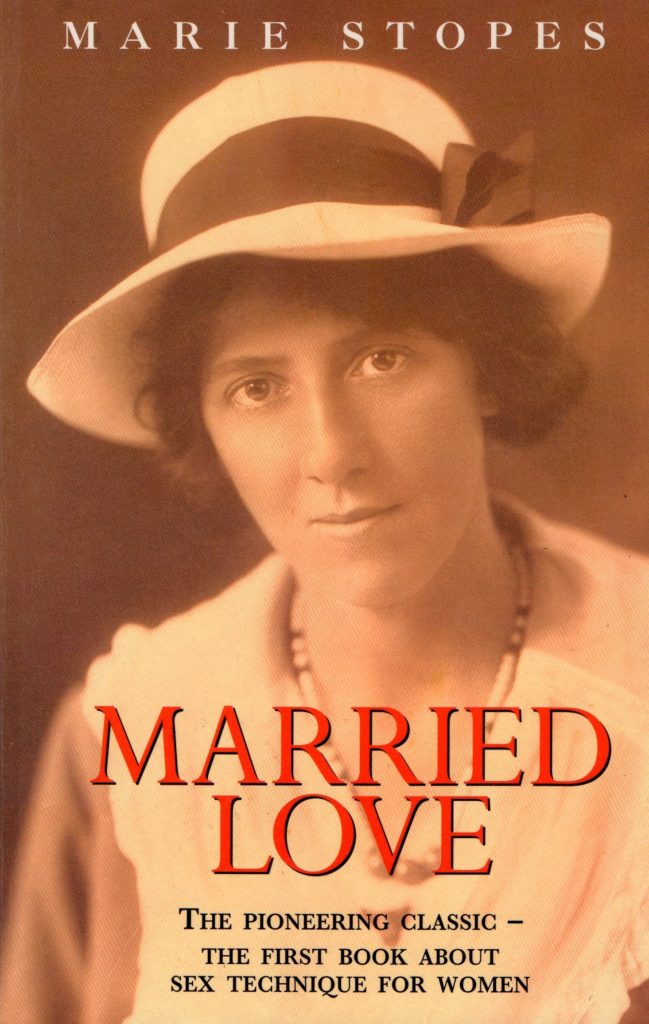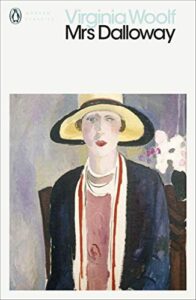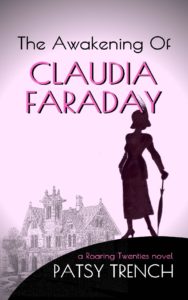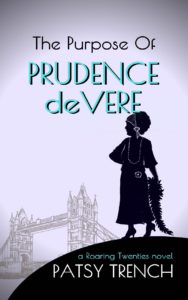Claudia Faraday, like her author, is a shy and reserved woman who hates to draw attention to herself.

However in the big bad world of books, of which there are far too many, a person – and an author – does from time to time have to raise her head above the parapet and say ‘Here I am!’
So it was for this purpose that Claudia and I enlisted the services of Rachel’s Random Resources, who took us on a five-day blog tour last week in search of reviews. It was the most attention either of us had received ever since Claudia appeared on the scene back in 2015 (she was revamped in 2019), which was heart-warming to say the least. Here are some of the comments from the book reviewers:
I loved reading how Claudia really opens her eyes and sees a whole new world and starts imagining things she never thought of . . . For me, it was not purely a sexual awakening for Claudia, but more on an emotional level . . . A funny read, with an important message underneath! https://tizisbookreview.music.blog/2020/09/15/the-awakening-of-claudia-faraday-written-by-patsy-trench-bookreview-patsytrench-rararesources/

I really enjoyed this story and I thought that the author has a superb writing style that really brought the period, the characters and what they were going through and dealing with to life . . . Very highly recommended! https://donnasbookblog.wordpress.com/2020/09/15/blogtour-bookreview-for-the-awakening-of-claudia-faraday-by-patsy-trench-rararesources/
Thank you Rachel’s Random Resources for introducing me to Claudia Faraday. We went on an interesting journey together . . . Patsy Trench’s story has an unexpected elegance . . . The chronology in the journey of sexual awareness depicted in the story is one of the beautiful elements here. https://trails-of-tales.com/book-review-the-awakening-of-claudia-faraday/
. . . an interesting feminist take on sexual diversity. https://jessicabelmont.wordpress.com/2020/09/16/blogtour-the-awakening-of-claudia-faraday-patsy-trench-patsytrench-rararesources-gilbster1000-amreading-bookblogger-bookreview/
The Awakening of Claudia Faraday is a delightful novel which consistently confounds expectations . . . Claudia is a lovely protagonist. A gentle and well intentioned woman who, in her sixth decade, is only beginning to question her wants and desires . . . It is not a difficulty to spend time in the world of these delightful characters. https://pajnewman.com/
Patsy Trench writes a fun, easy and totally relatable story that translates well to current day . . . it’s a page turner that I know every woman can identify with in their own way and will absolutely love . . . With a really great cast of characters and a brilliant plot, I honestly have to repeat myself and say “you gotta read this book.” https://www.facebook.com/readinggirlreviews/

Trench combines the charm of the early 20th century with a facet of womanhood that hasn’t really changed that much at all. We put the pleasure of others before our own, because society tends to deem it be correct that way. And goodness gracious me if one does endeavour to discover and enjoy pleasure, and demand it no less – well I never, what would people say? https://mmcheryl.wordpress.com/
A coming-of-age story set in the 1920s where the protagonist, Claudia, shakes off the shackles of a prim, well-to-do lady and discovers the joy of sex . . . Offering something a little different from other books, I think this would appeal to fans of the 1920s or historical fiction . . . It’s an unusual story that provides a different perspective on what it means to be a woman. https://mrsbrownsbooks.wordpress.com/
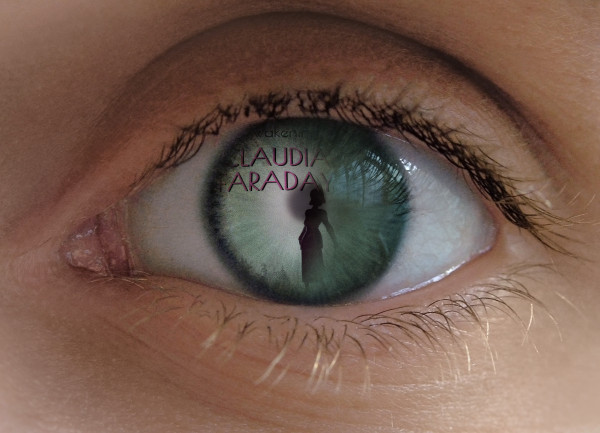
Photos courtesy of photofunia.com.
The Awakening of Claudia Faraday is available here: https://mybook.to/ClaudiaF
Patsy Trench
September 2020

